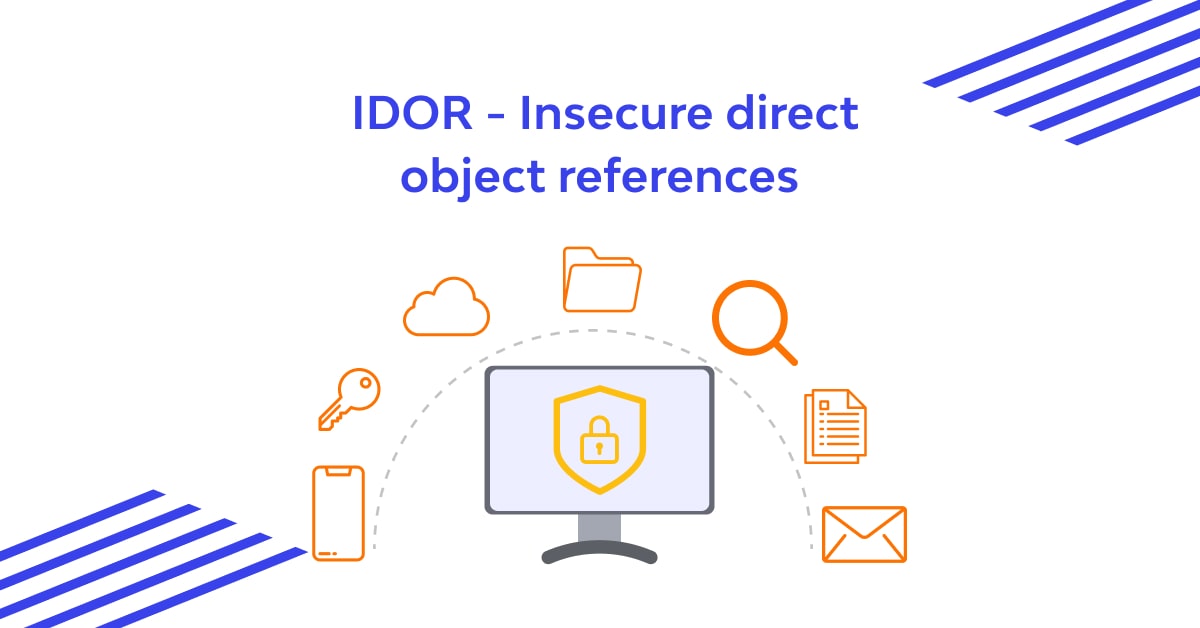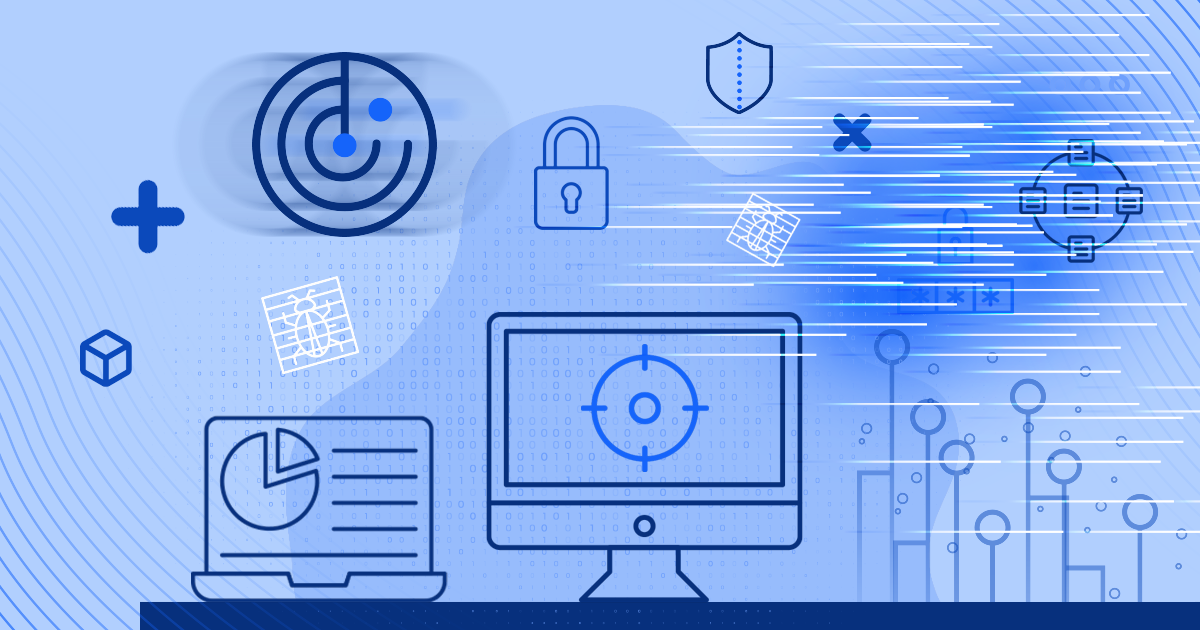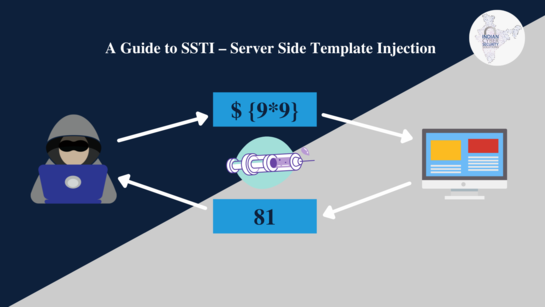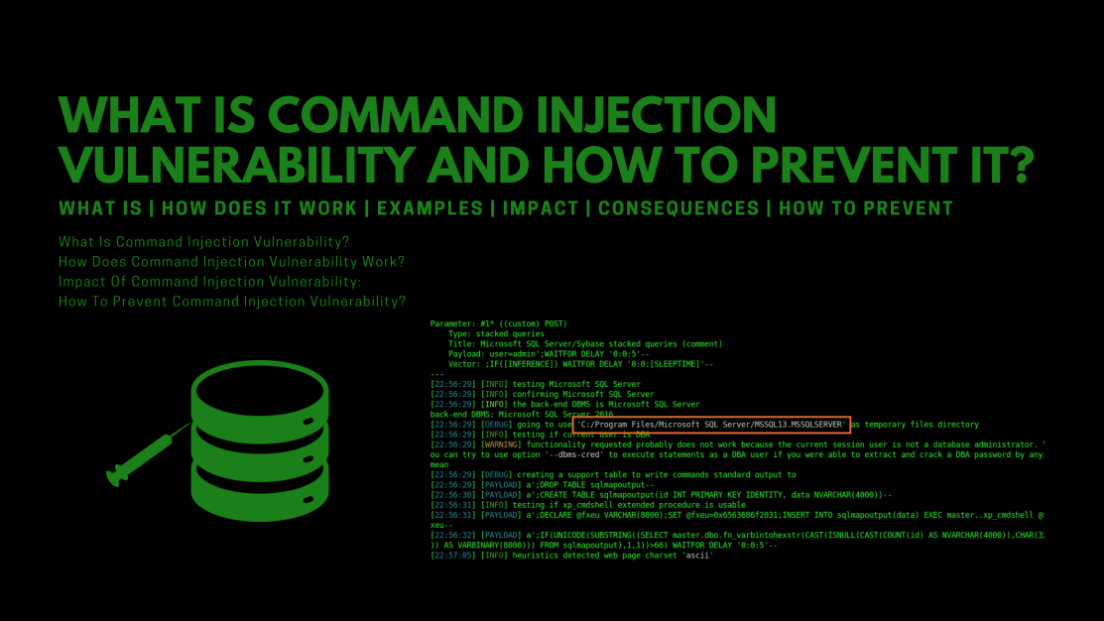
The world is becoming increasingly digital, and with that comes an increasing risk of cyberattacks. In 2021, the average cost of a data breach was $4.24 million, and the number of data breaches is only expected to grow in the years to come.
This growing threat has created a high demand for skilled cybersecurity professionals. According to the Bureau of Labor Statistics, employment of information security analysts is projected to grow 33 percent from 2020 to 2030, much faster than the average for all occupations.
If you're interested in a career in cybersecurity, there are a few things you should know. First, the field is very broad, and there are many different types of cybersecurity jobs available. Some of the most common cybersecurity jobs include:
Cybersecurity analyst:
Cybersecurity analysts are responsible for identifying and mitigating cyber threats. They typically work with network security, application security, and data security.
Security engineer:
Security engineers design, implement, and maintain security solutions for organizations. They typically have a strong understanding of networking, systems administration, and programming.
Ethical hacker:
Ethical hackers are hired by organizations to test their security systems for vulnerabilities. They use their knowledge of hacking techniques to identify and exploit weaknesses in an organization's security.
Chief information security officer (CISO):
The CISO is the highest-ranking cybersecurity official in an organization. They are responsible for setting the organization's cybersecurity strategy and ensuring that it is implemented effectively.
In addition to these common jobs, there are many other specialized cybersecurity roles available. For example, you could work as a security architect, a security consultant, a security researcher, or a security trainer.
No matter what type of cybersecurity job you choose, you'll need to have a strong foundation in computer science and information security. You should also be able to think critically and solve problems. In addition, many cybersecurity jobs require some experience with programming languages.
The demand for cybersecurity professionals is only going to grow in the years to come. If you're interested in a career in this field, now is the time to start your education and training.
Here are some of the benefits of a career in cybersecurity:
High salary: Cybersecurity professionals are some of the highest-paid IT professionals in the world. The median salary for cybersecurity analysts is over $100,000 per year.
Job security: The demand for cybersecurity professionals is very high, and it's not expected to slow down anytime soon. This means that you'll have a good chance of finding a job and keeping your job in this field.
Challenging and rewarding work: Cybersecurity work is challenging and rewarding. You'll be constantly learning new things and working to protect organizations from cyber threats.
If you're interested in a career in cybersecurity, here are some tips for getting started:
Get a degree in computer science or information security: This will give you the foundation you need to succeed in this field.
Gain experience in cybersecurity: There are many ways to do this, such as internships, volunteer work, or self-study.
Network with other cybersecurity professionals: This is a great way to learn about new opportunities and stay up-to-date on the latest trends in cybersecurity.
Cybersecurity is a great field for people who are interested in technology, problem-solving, and helping others. If you're looking for a challenging and rewarding career, cybersecurity is a great option.
In addition to the tips listed above, here are some other things you can do to get started in a career in cybersecurity:
Take online courses and tutorials: There are many free and paid online courses available that can teach you the basics of cybersecurity.
Read cybersecurity blogs and articles: This is a great way to stay up-to-date on the latest trends in cybersecurity.
Attend cybersecurity conferences and events: This is a great way to network with other cybersecurity professionals and learn about new opportunities.
The field of cybersecurity is constantly evolving, so it's important to stay up-to-date on the latest trends. By following these tips, you can set yourself up for a successful career in cybersecurity.





